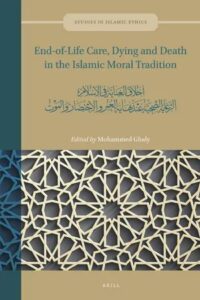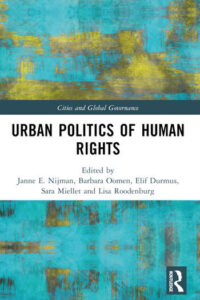“Modernity” is generally associated with a loss of tolerance for ambiguity (Ambiguitätstoleranz). This chapter analyses whether that also counts for deathbed emotions, juxtaposing deathbed stories in Islamic hagiographies from the formative period (first to fourth/seventh to tenth centuries) and on the verge of modernity (thirteenth/nineteenth-fourteenth/twentieth century). Sources from the fourteenth/twentieth century onwards show less space to experience and address ambiguous emotions than sources from the formative period, and a unity is imposed in emotions allowed to experience. Premodern hagiographical literature appears suitable to address a grey area in end-of-life care and ethics. It offers more space for ambiguous emotions than contemporary Islamic ethical discourse and cultural norms. Studies on Muslim patients and palliative care frequently address the concern that Muslims never want to give up treatment. This appears to be an attitude towards death that is not rooted in the pious hagiographic examples.
End-of-Life Care, Dying and Death in the Islamic Moral Tradition
Islamic Ars Moriendi and Ambiguous Deathbed Emotions




